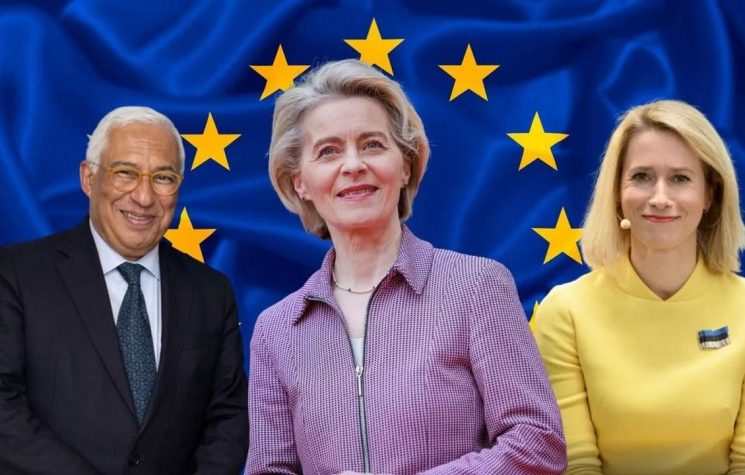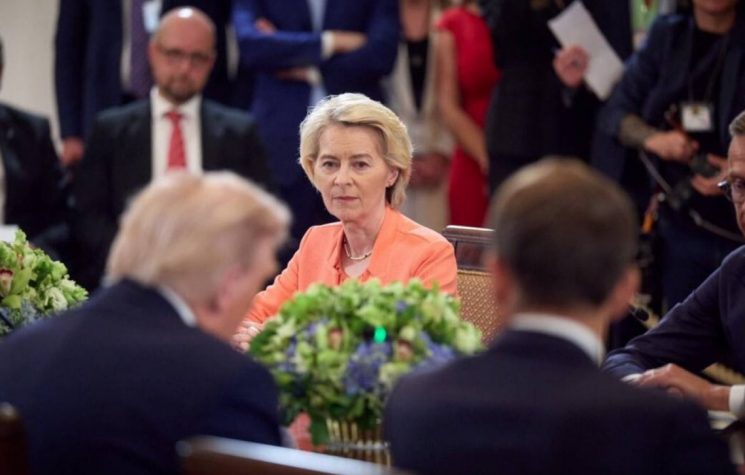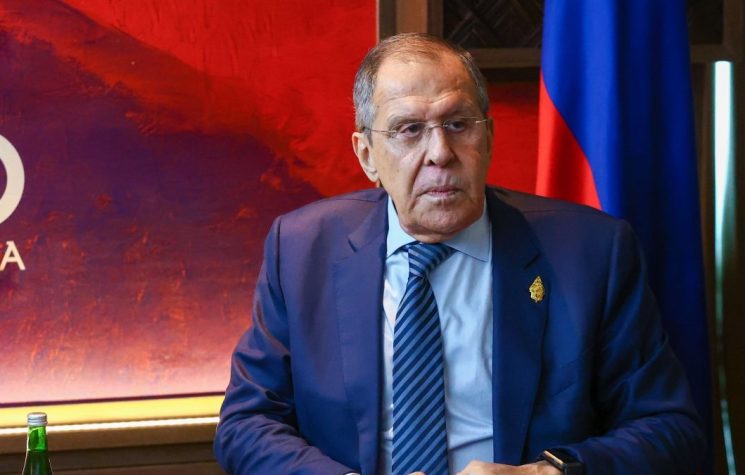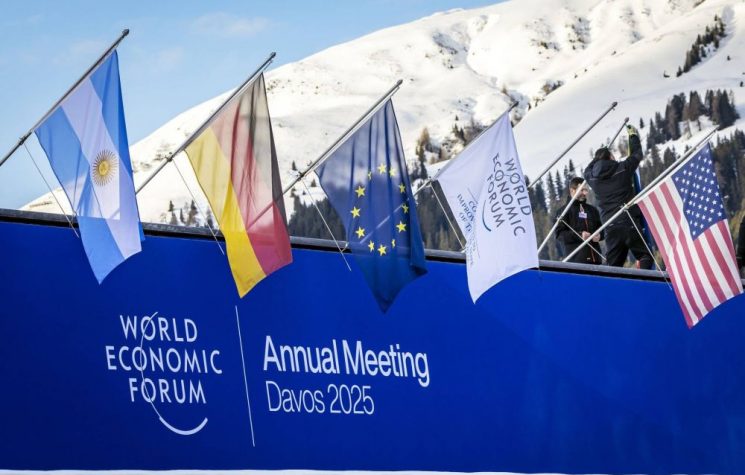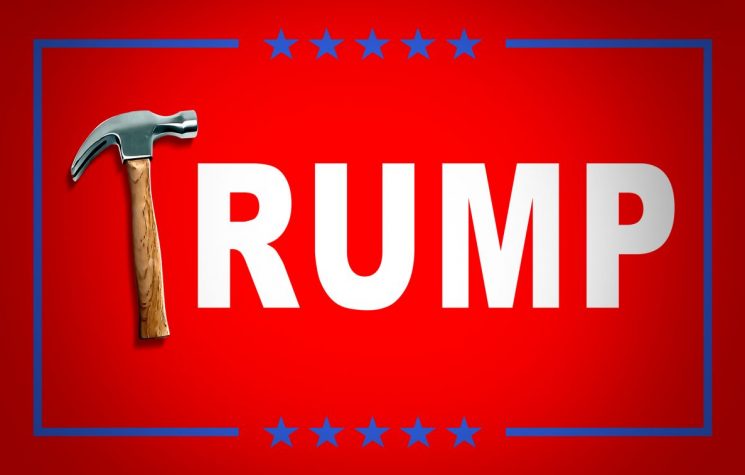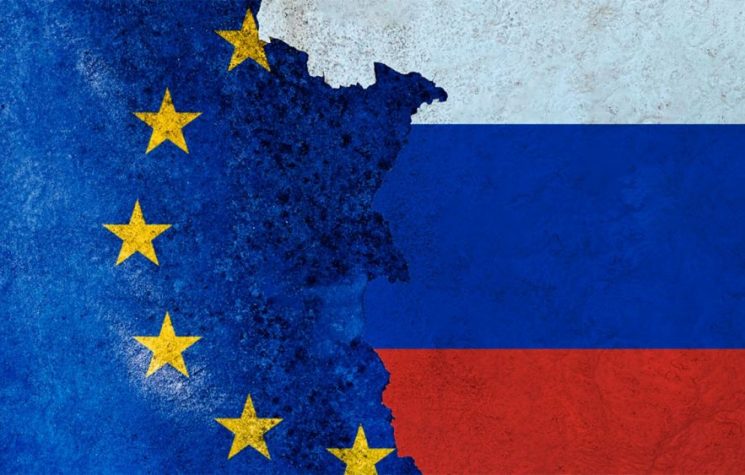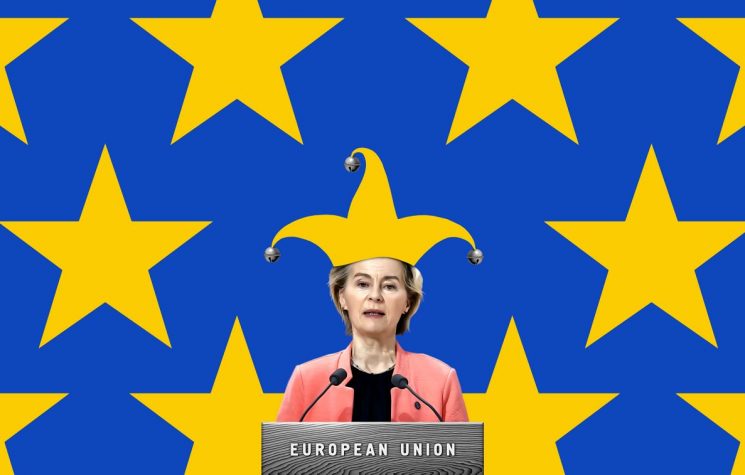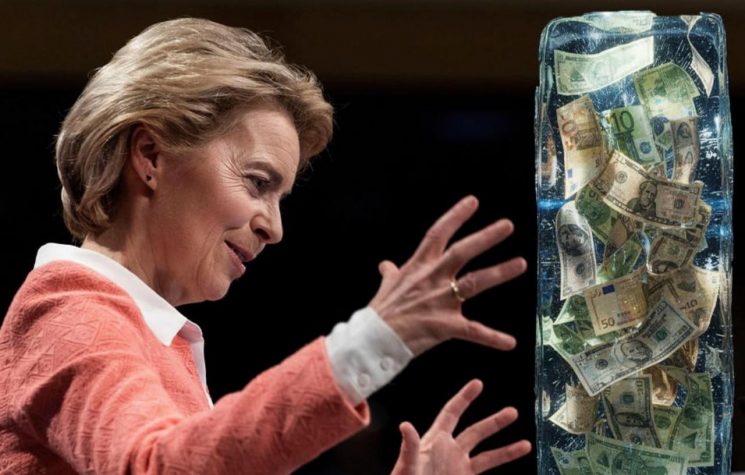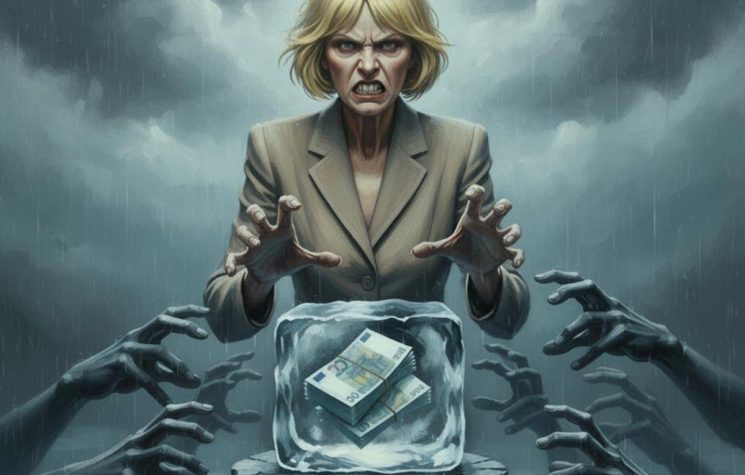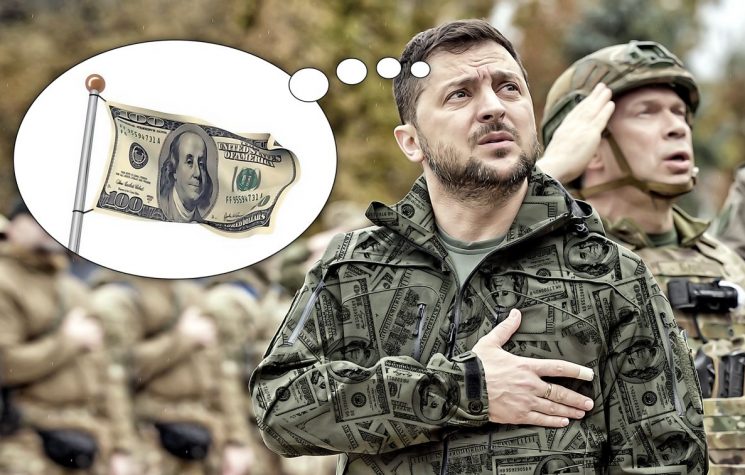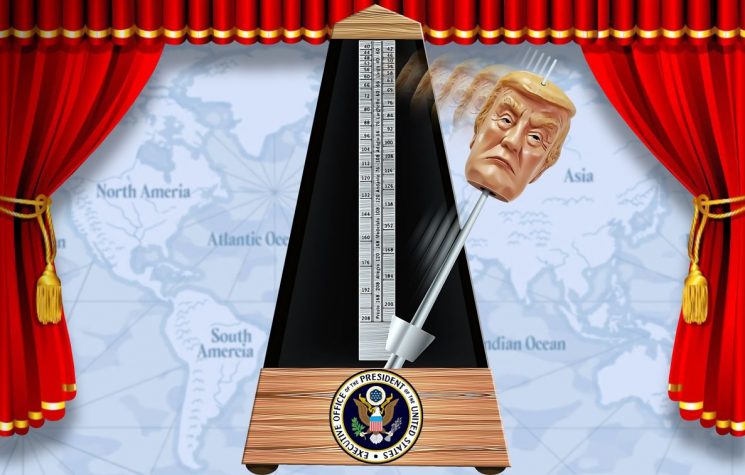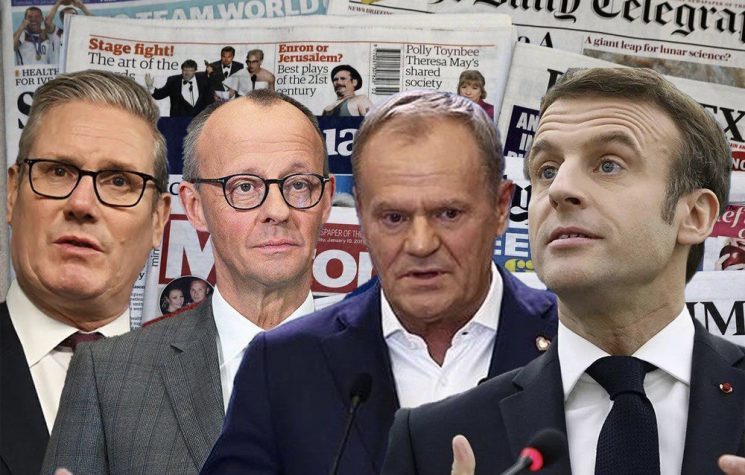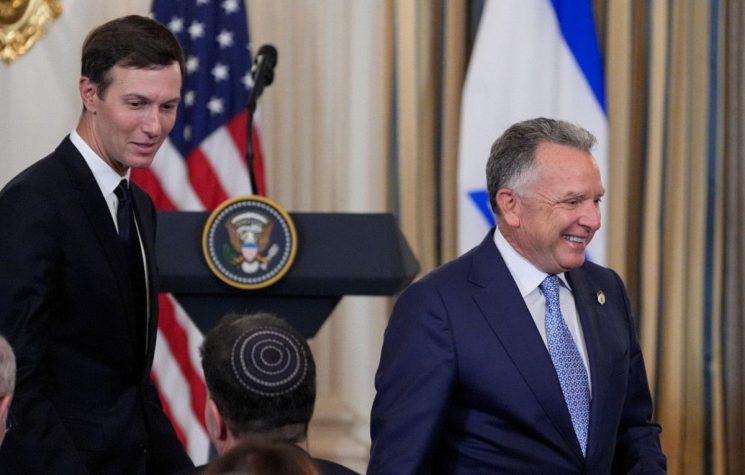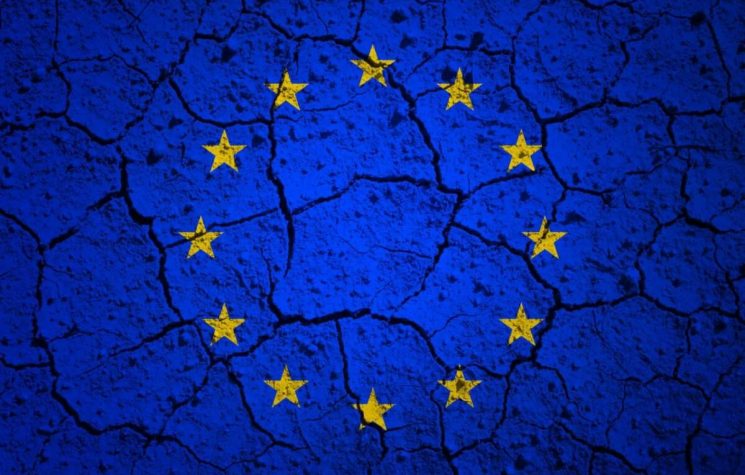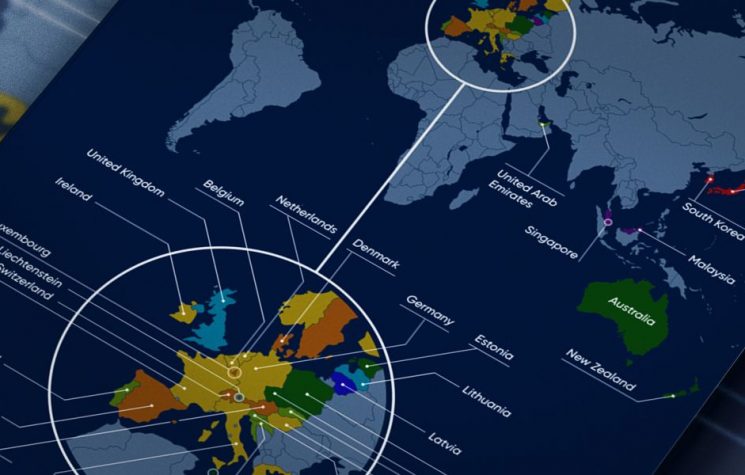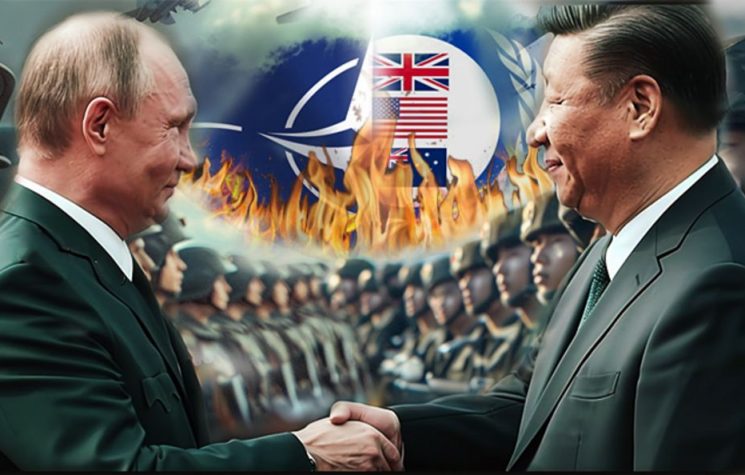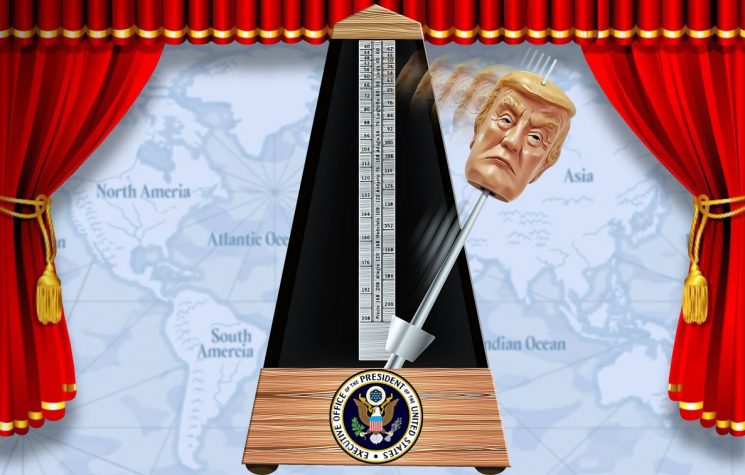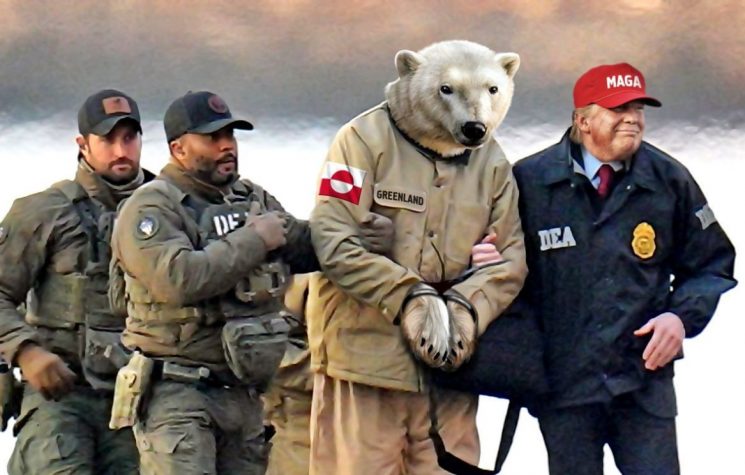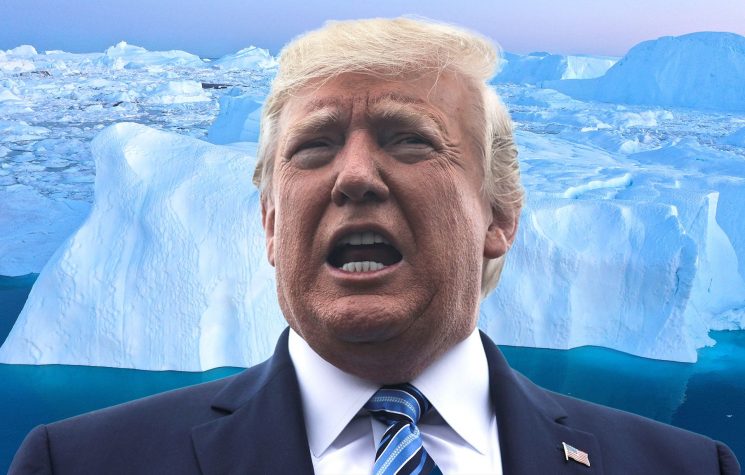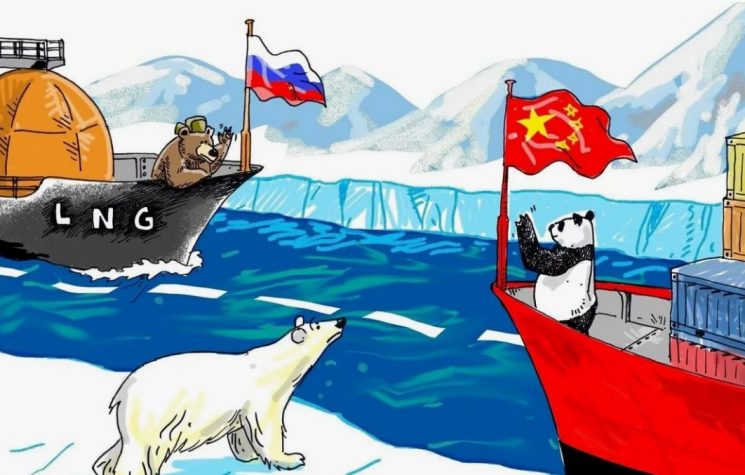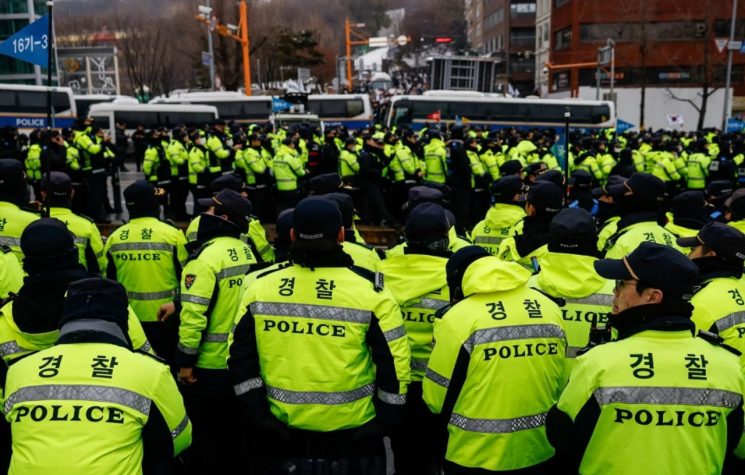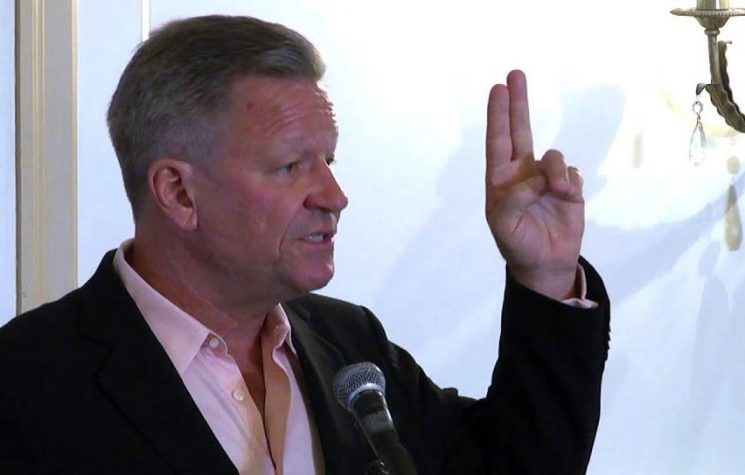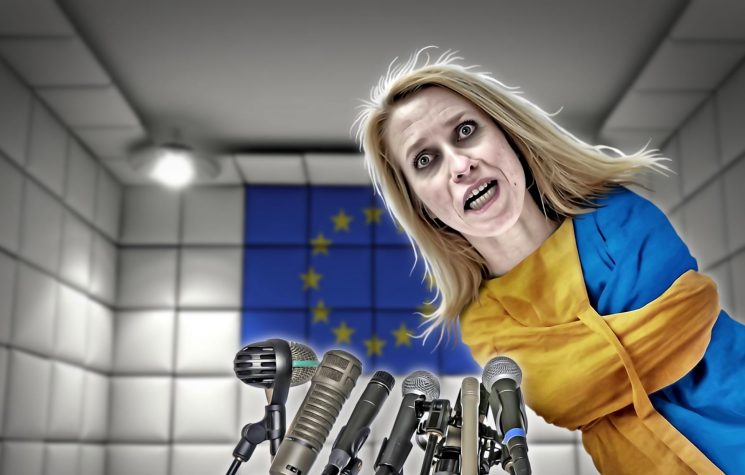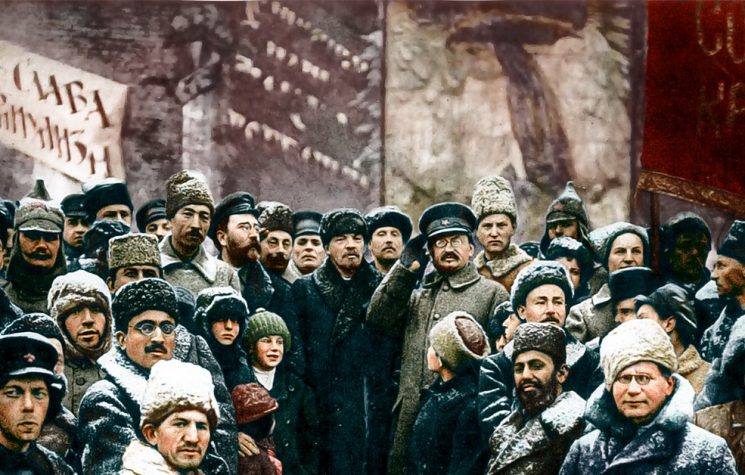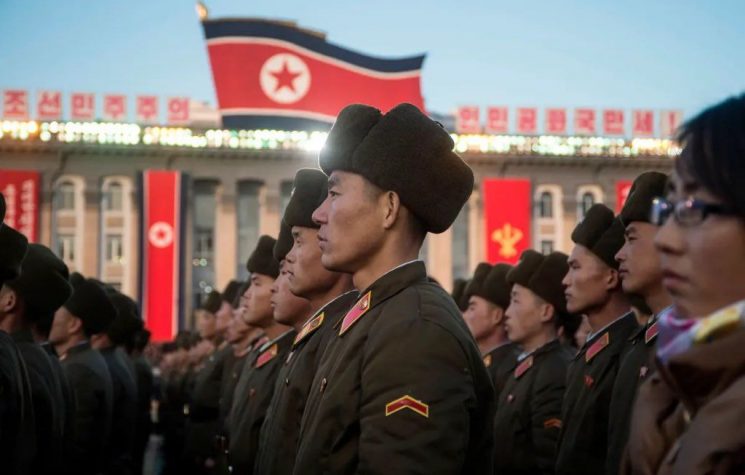Brussels’ stance against so-called disinformation smacks of hypocrisy, Martin Jay writes.
Contact us: info@strategic-culture.su
The European Union has aims to crack down on free speech in a move which will be its most draconian yet. The European Commission president, Ursula von der Leyen, who is almost certain to have a second five-year term, says the internet has given rise to “serious challenges” including ‘disinformation’, forcing the EU to implement laws that stifle free speech. Remarkably, she calls this an “achievement we should be proud of”.
However, the stance against so-called disinformation smacks of hypocrisy as, in same period, Brussels and even member states are on a roller coaster ride to completely stamp out Russian media being able to influence Europeans through a new sanctions plan which would have made Joe Stalin proud.
Will the crackdown against Russia be extended to European media itself?
This move, although nothing new, would appear to be gaining momentum since Hungary took the 6-month rotating presidency and almost immediately caused a diplomatic faux pas by refusing to support an EU statement which condemned Russia’s latest media ban. Brussels wanted to react to Russia’s tit-for-tat with a critical statement endorsed by all 27 member states, as unanimity is required in foreign policy. But Hungary moved to block the collective act of petulance, forcing Josep Borrell, the EU’s outgoing foreign policy chief, to release a statement on his own.
This stunt by Hungary though will only enrage von der Leyen and, along with Emmanuel Macron, will merely add fuel to the fire surrounding a debate which aims to effectively block Hungary’s veto on bigger matters.
The outlets targeted by Moscow include Germany’s Der Spiegel, Ireland’s RTE, Spain’s El País and El Mundo, Italy’s RAI, Portugal’s Público, France’s Le Monde and AFP, and Finland’s YLE.
All of them have been banned from broadcasting and online spaces in Russia, as a direct response to the EU’s latest sanctions on Russian outlets in a tit-for-tat media war.
According to reports, Moscow says the restrictions would be lifted if the bloc cancels the sanctions placed last month on RIA Novosti, Izvestia and Rossiyskaya Gazeta. The sanctions also affected Voice of Europe, the Dutch-based site that has become involved in the so-called Russiagate affair – a scandal which many in the west believe involved Russia manipulating news in the 2016 U.S. presidential election. Yet the EU is not alone in dishing out sanctions to media outlets. Member states have also been at it this year.
The news website as well as Viktor Medvedchuk, an ally of Vladimir Putin, and Artem Marchevskyi, another person involved, were all sanctioned by the Czech Republic at the end of March for an alleged pro-Russian influence operation believed to be aimed at interfering in the EU’s June election.
In mid-April, the Czech Republic and Belgium issued a joint call to have the Czech sanctions widened to the whole of the EU. With the EU gaining such momentum with Russia media sanctions and a recent media laws already adopted at supposedly protecting journalists, it is only a matter of time before new measures which restrict journalists’ work within Europe are introduced once MEPs arrive in Brussels at the end of the summer.











